Stories are the new souvenirs: Lantern gets emotional at Visit Tartu tourism conference
Tartu is Estonia’s second city and European Capital of Culture 2024. Home to the nation’s premier universities and unique architecture, it’s a city that’s always seeking a fresh perspective. So we were delighted to join their Tourism Day conference to discuss the power of emotive storytelling in travel.
Following our recent appointment to develop the brand strategy for Visit Estonia, and hot on the heels of delivering the same for Visit Europe→, Lantern’s Founder and Director, Ryan Tym, spoke to a socially distanced crowd in Tartu as well as those joining virtually on Facebook Live, to discuss the importance of emotional storytelling in travel and tourism. With the industry one of the hardest hit by the COVID-19, many places are using the impact of the pandemic as an opportunity to hit the reset button on their tourism strategies and take a more targeted, more emotional approach to storytelling. The event, organised by the Tartu County Tourism Foundation, brought together DMOs, hotels, restaurants, museums, travel agencies and more.
Ryan spoke about our belief that today’s traveller is not interested in bringing souvenirs back to celebrate their trips, but instead wish to share unique stories to friends and relatives – often in real time. He highlighted emerging trends in the sector, ranging from the meteoric rise in Free Independent Travellers, to the importance of taking an experience-led approach to travel marketing. This included research and insights on fast-growing travel experiences, ranging from behind-the-scenes food tours such as foraging with chefs, to dark history experiences such as exploring Chernobyl. The desire for travellers to bring back powerful personal stories was also emphasised by the growth in ancestry-led tourism – with the likes of Airbnb teaming up with 23andMe to offer DNA-tested travel experiences.
As destinations look to shift from volume-based travel to value-based travel, sustainable experiences such as Plastic Whale’s plastic-collecting canal boat tours in Amsterdam showcased the impact on the tourist, community and planet. With 57% of high-wealth travellers considering an eco-tourism holiday, the trend makes both environmental and financial sense for DMOs.
Ryan went on to discuss what it takes to craft emotive stories, citing three core principles to ensure there’s magic in your messaging. He took the audience on a tour of destinations across the globe, sharing example best practice examples of storytelling from the US, UK and Australia:
Great stories are true
Ryan spoke about the importance of “embracing the truth of an area” in storytelling. To illustrate his point, he used the Snowbird case study: the Utah ski resort’s marketing team played on its notoriety by incorporating negative Tripadvisor reviews into an ad campaign: embracing the unique aspects of the resort, Snowbird created a series of humorous digital and print ads featuring one star reviews imposed on juxtaposing images of spectacular mountain views: “too advanced,” reads one, by Greg from Los Angeles. “I’d heard Snowbird is a tough mountain, but this is ridiculous.”
See the campaign→
Great stories are unexpected
The best stories are often the most surprising, with plot twists the audience weren’t expecting. Ryan shared Lantern’s work to reposition and rebrand Leicester Square→ in the West End, as an example. By uncovering unexpected facts and lost stories from the iconic destination, the place brand could counter the negative perceptions as a tourist-saturated, gateway neighbourhood and play on its strengths as an entertainment hub. Lantern positioned the location as the heart of London and the home of entertainment. With 52 premieres a year, 6,000 cinema seats, the UK’s widest cinema screen, the country’s biggest casino, a 17,000 mirror glitterball and the largest Lego store on the planet, surprising statistics and bold, bright facts capture a place that exists to entertain.
Great stories have characters
Ryan ended the session by speaking about the importance of heroes and characters in any great story. He took the audience to Sofala, an outback town in Australia and one of many rural areas in the country suffering from significant decline. Despite the nation’s rural decline, Airbnb research found that 70% of Australians want to see – and experience – more of ‘the real’ Australia. The brand asked Australians to nominate their favourite country pub or publican in need of a helping hand and six pubs across the country were chosen as recipients of a $50,000 grant, along with a team of design professionals who partnered with the community and publicans to restore the pub to its former glory. Ryan shared a video that heroed the characters from one pub who won the nomination, showcasing the power of great characters in storytelling. “I would love to spend a night in that pub. To hear the story of the shotgun hole in the ceiling. To meet the characters. It’s a great example of great characters” he added.
With thanks to Visit Tartu and the Tartu County Tourism Foundation for inviting us to speak, Urmas Vaino for moderating the event and Mana Kaasik for the photography.




